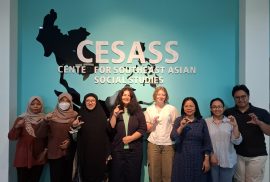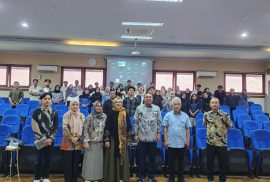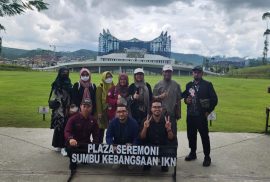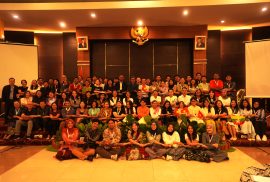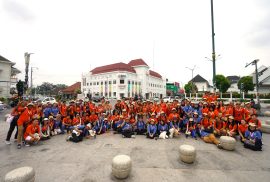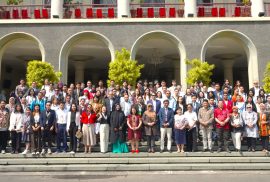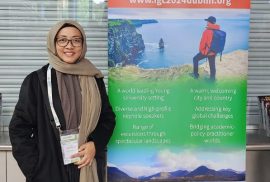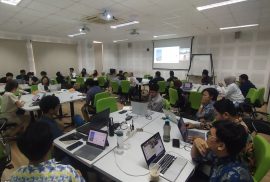Yogyakarta, October 22, 2024 — The Center for Southeast Asian Social Studies (CESASS) UGM held a Research Publication and Journal Management Training on Tuesday (22/10). This event served as a platform for enhancing the knowledge and skills of participants in academic publishing and journal management.
The event was officially opened by the Head of CESASS UGM, Prof. Dr. Rini Rachmawati, S.Si., M.T., who delivered an opening remark emphasizing the importance of mastering the processes of research dissemination through high-quality journal publications.

